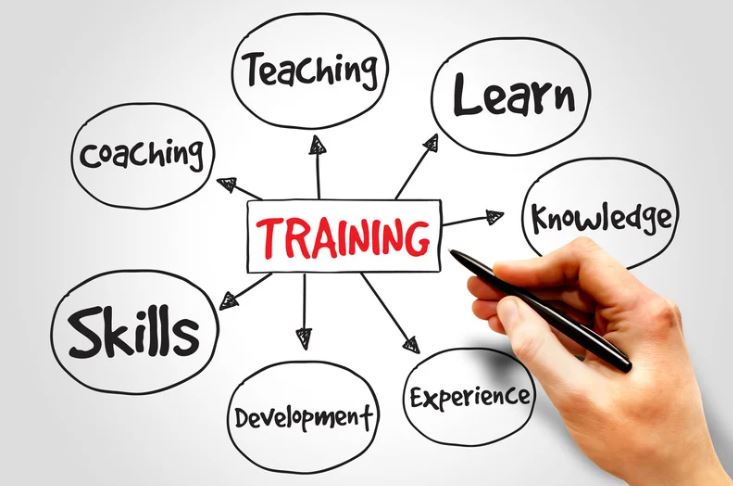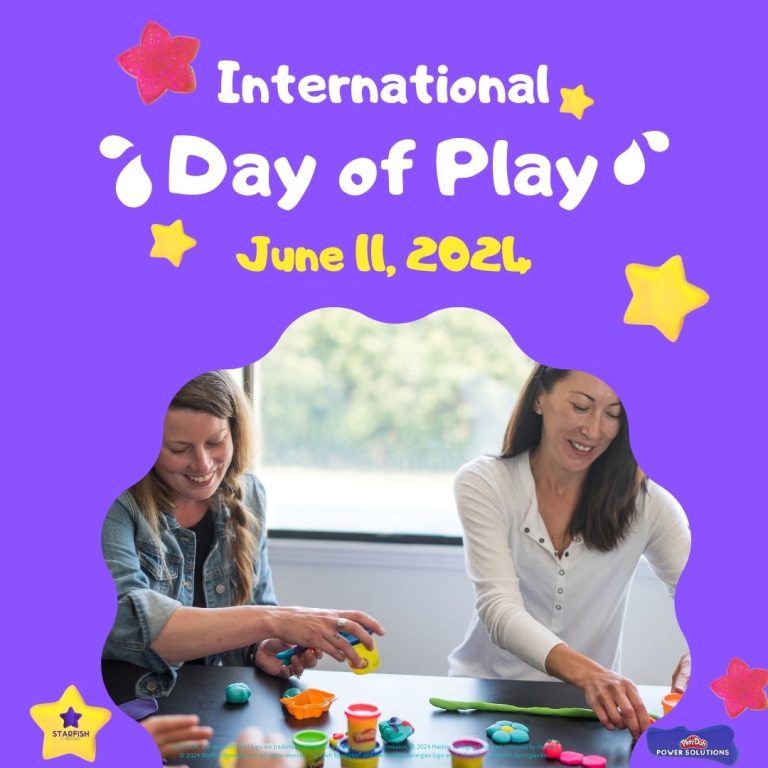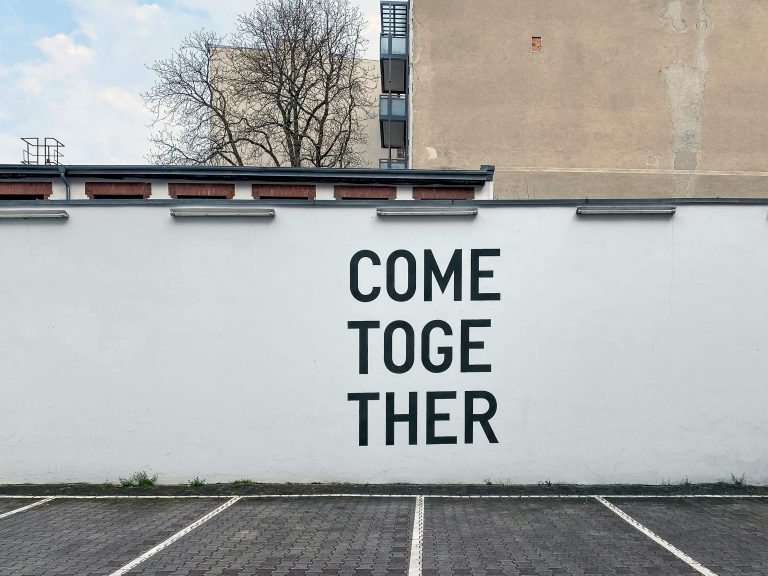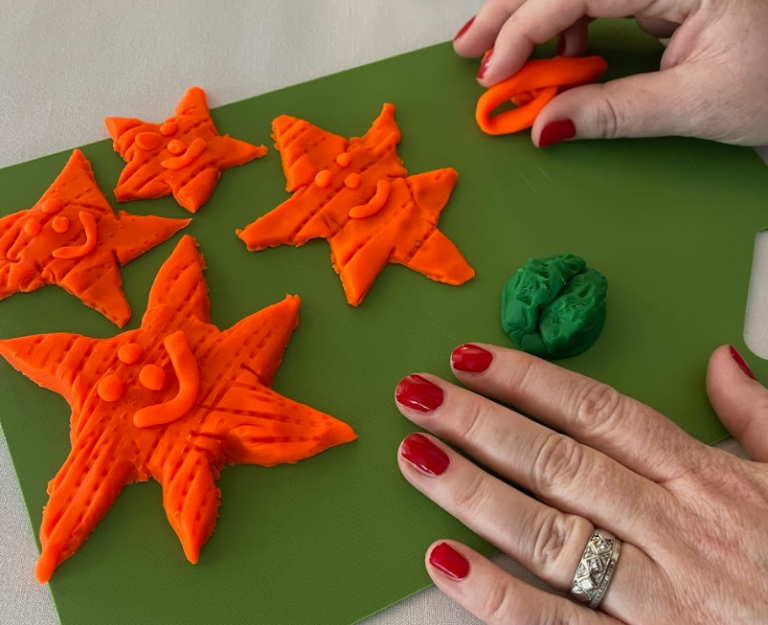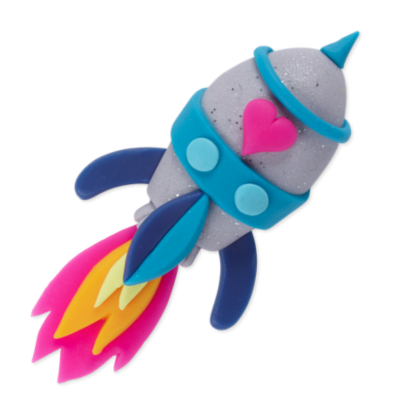The Power of Imagination in Conflict Resolution
Imagination is often associated with creativity, innovation, and out-of-the-box thinking. It’s the ability to envision possibilities beyond the current reality, which makes it a powerful tool in conflict resolution. When applied to conflicts, imagination allows individuals and teams to explore alternative solutions, consider different perspectives, and find common ground in unexpected ways.
And, if incorporated successfully, brings and element of excitement to negotiations, instead of reviewing the same old solutions.
As Lewis Carroll wisely said, “Imagination is the only weapon in the war against reality.” This quote highlights the potential of imaginative thinking to overcome the rigid structures and limitations that often exacerbate conflicts. By imagining new possibilities, teams can break free from entrenched positions and discover solutions that satisfy everyone involved.
The Impact of Creative Conflict Resolution
Research and top business experts support the effectiveness of imaginative approaches to conflict resolution. Studies have shown that companies encouraging creative problem-solving techniques, including imaginative approaches to conflict, see significant improvements in team dynamics. In fact, organizations that foster a culture of creative conflict resolution report up to a 35% improvement in team cohesion, collaboration and productivity (Team State, Harvard Business School Online).
This improvement is not just about resolving conflicts but about transforming them into opportunities for growth and innovation. When team members feel empowered to use their imagination, and are safe to do so, they are more likely to engage in constructive dialogue, propose novel solutions, and build stronger, more resilient relationships.
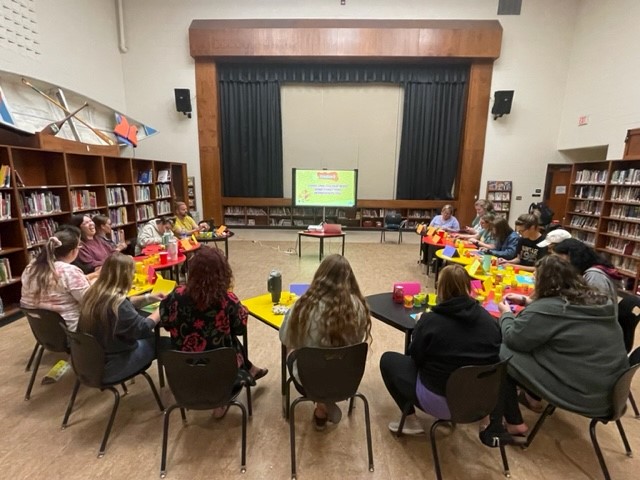
Practical Steps to Foster Imagination in Conflict Resolution
- Use Play to Level the Playing Field: Encourage Open Dialogue: Create an environment where team members feel safe to express their ideas and perspectives. Open dialogue encourages imaginative thinking and allows for the exploration of various solutions.
- Use Creative Techniques: Incorporate brainstorming sessions, role-playing, and other creative exercises into conflict resolution processes. These techniques can help teams think beyond conventional solutions and discover new ways to resolve disputes.
- Promote Diverse Perspectives: Diversity in thought and experience can fuel imagination. Encourage teams to consider different viewpoints and draw on a wide range of experiences to develop creative solutions.
- Provide Time and Space: Allow team members the time and space to reflect on conflicts and think creatively about potential resolutions. Sometimes, stepping away from the immediate pressure of resolving a conflict can lead to more imaginative and effective solutions.
- Celebrate Creative Solutions: Recognize and reward imaginative approaches to conflict resolution. Celebrating creativity reinforces its value and encourages others to think outside the box in future conflicts.
- Incorporate Play for Innovative Solutions: Play can be a powerful tool in fostering imagination during conflict resolution. Engaging in playful activities like collaborative games or PlayDoh Power Solutions Corporate Training can help break down barriers, reduce stress, and open up new avenues for creative thinking. By incorporating play, teams can approach conflicts with a fresh perspective, allowing for more innovative and effective resoluions.
- Imagination as a Skill: Imagination is not just an innate talent; it’s a skill that can be nurtured and developed. Teams that regularly engage in creative problem-solving exercises build their capacity for imaginative thinking. Over time, this can lead to a more innovative and harmonious workplace, where conflicts are seen not as roadblocks but as opportunities for growth and collaboration.
Imagination offers a powerful alternative to traditional conflict resolution methods. By fostering an environment that values creativity and encourages imaginative thinking, companies can transform conflicts into opportunities for connection and innovation, ultimately leading to stronger teams and better outcomes.
Theresa Bailey is a bestselling author and the exclusive North American provider of Play Doh Power Solutions Corporate Training.



